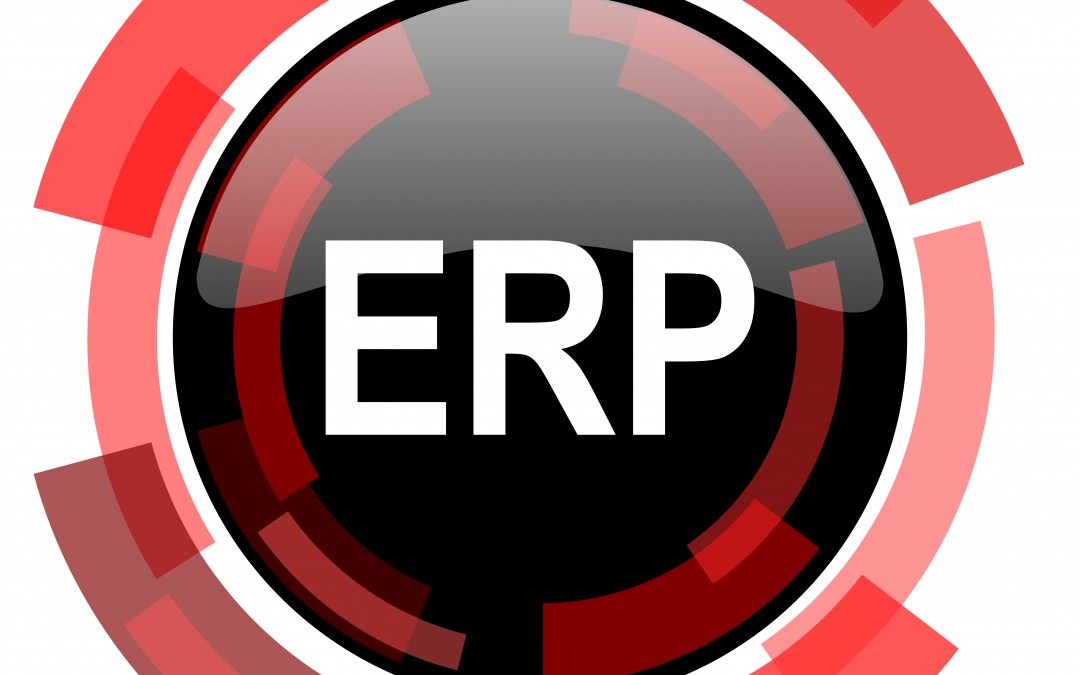 The Delphi Group asked 23 global manufacturers questions about the impact of ERP on supply chain management. The study found many interesting results, but among them, these three stood out as the perceived impact of ERP upon the supply chain.
The Delphi Group asked 23 global manufacturers questions about the impact of ERP on supply chain management. The study found many interesting results, but among them, these three stood out as the perceived impact of ERP upon the supply chain.
- The integration of information across the entire supply chain between customers and suppliers.
- Increasing “mass customization” of products.
- Supply chains consisting of several independent entities, making the entire supply chain more complex to manage.
If you’ve ever wondered whether technology plays an important part in supply chain management, the answer is “yes.” Enterprise resource planning or ERP systems enable companies to control and monitor costs, productivity, supplies, and inventory.
Cloud technology pushes the envelope even more. It brings together everyone in the supply chain by synchronizing and linking data. Easy access to data through any internet-connected device means that all groups considered part of the supply chain have equal access to the data.
New Developments in Supply Chain Management
Since the early 1990s, manufacturers have worked hard to improve operations. Improving product quality, boosting productivity, and finding competitive advantages have all helped manufacturers remain focused and profitable. What’s left to improve? Supply chain management, of course.
Supply chain management has always been challenging for manufacturers. Logistics and timing are the most involved aspects of many projects. Improving one or more of the parts of the supply chain can lead to substantial cost reductions. When costs go down and prices remain stable, profits go up.
Today’s marketplace is often a fragmented one. Different suppliers offer unique capabilities, and you may find yourself using a big array of vendors for any given project. Changing marketplace conditions, lower costs, and faster shipping have put specific suppliers at the head of the list for future orders. It’s a rare company today who works with only a handful of selected suppliers. By managing the supply chain through an ERP system, you’re in control of your suppliers.
Integrating Information
ERP is a natural extension of materials requirement planning (MRP) systems from past decades. An ERP system provides a comprehensive management system that integrates transactions, materials planning, and many other functions into one complete system.
According to the Delphi Report, fragmented resources are often one of the great challenges in supply chain management. A central point of information via a cloud-based ERP eliminates fragmented resources and brings everything together. This integration is vital for improved supply chain management
Increasing Demand for Mass Customization
It’s no longer a good idea to keep high inventory levels just to please certain customers. Instead, mass customization is now in demand. An ERP system can help you meet the demands for mass customization. Its ability to manage multiple vendors, keep track of inventory, and track orders from start to finish make it easier to offer customization.
Managing and Deploying Resources
ERP systems are also useful to help you deploy resources from multiple vendors. From your central vantage point, you can see who has what and how quickly you can get it out to those waiting for it. This ability to manage a complex assortment of goods across multiple orders provides a strong competitive advantage.
Improving Supply Chains Through ERP Resources
Now is the time to enhance and improve your supply chain management through the implementation of an ERP system. The right ERP can improve collaborative planning, enhance your supply chain strategies, and help you meet the growing demands from a global customer base.
Accounting Systems Incorporated (ASI)
Accounting Systems Incorporated (ASI) provides ERP, accounting, and other software and systems to help your company grow. We focus on helping small to mid-sized companies improve operational efficiencies through the power of software and technology. Software such as Acumatica ERP and Sage 100 can provide the business intelligence you need to grow your company. For more information, visit our website, or call us at 803-252-6154.

